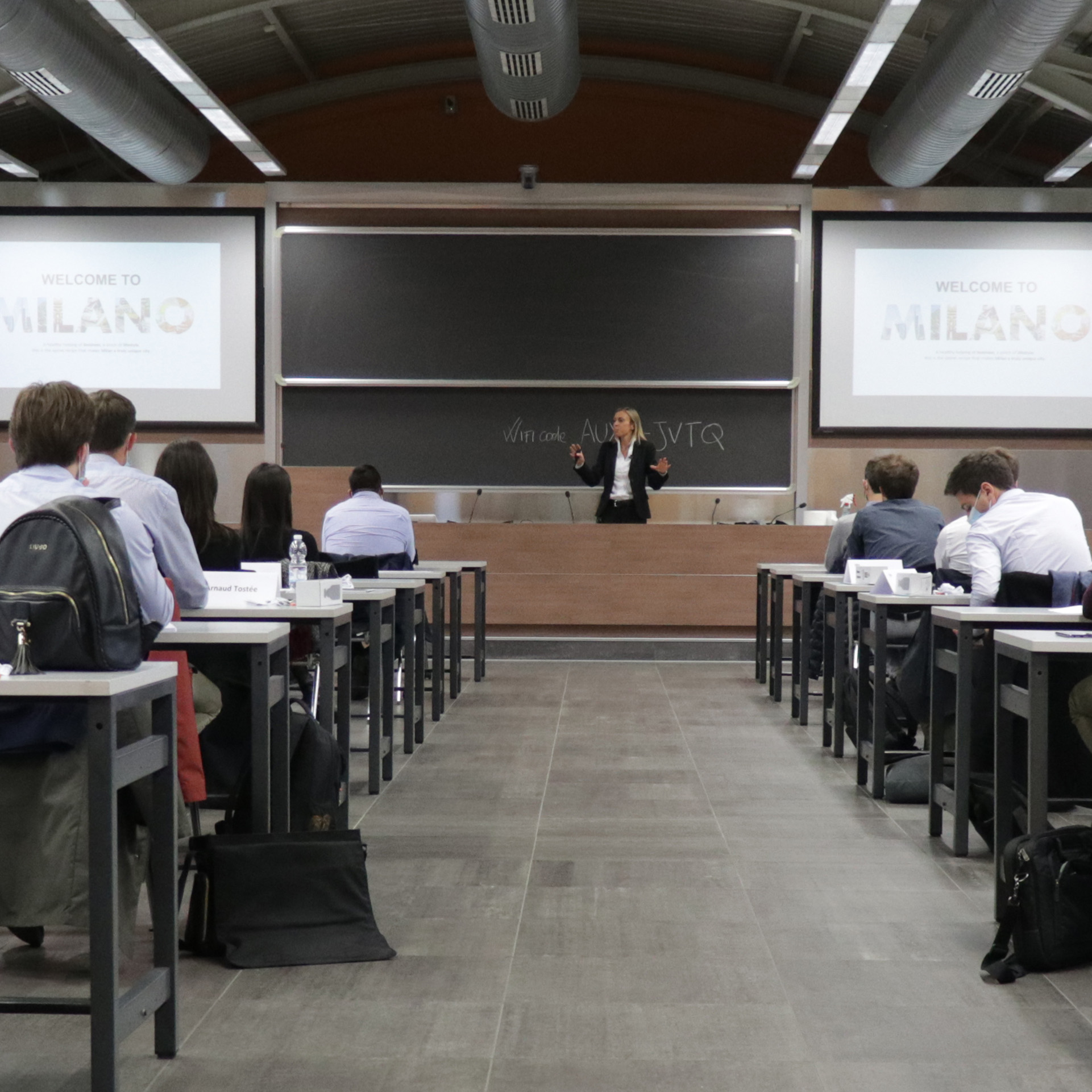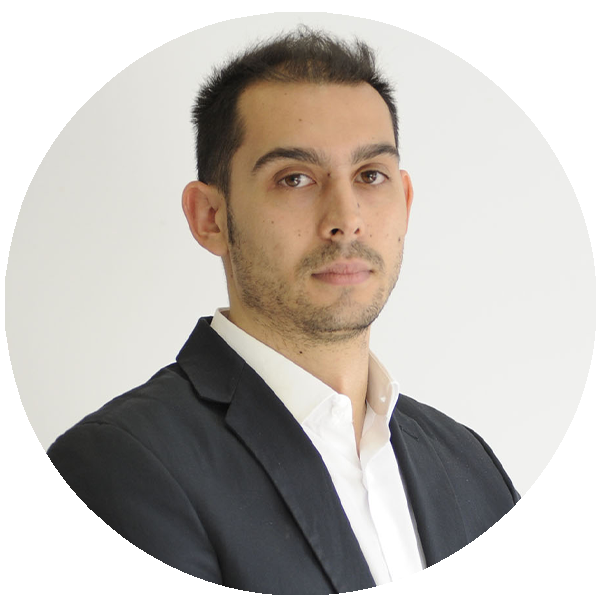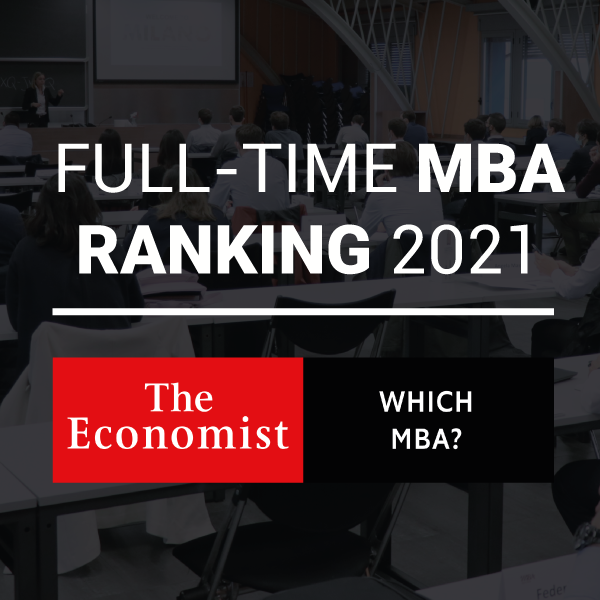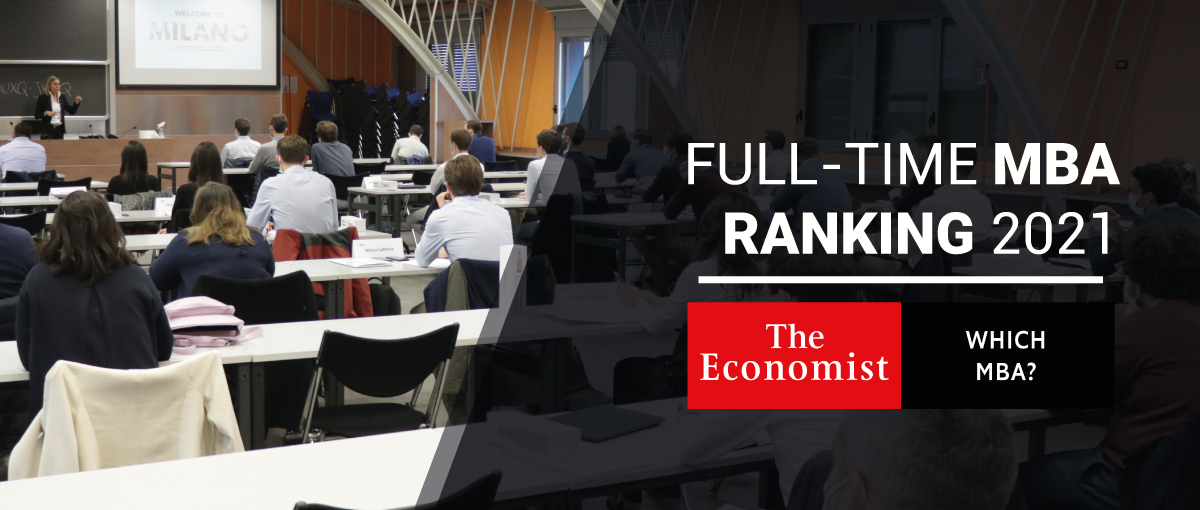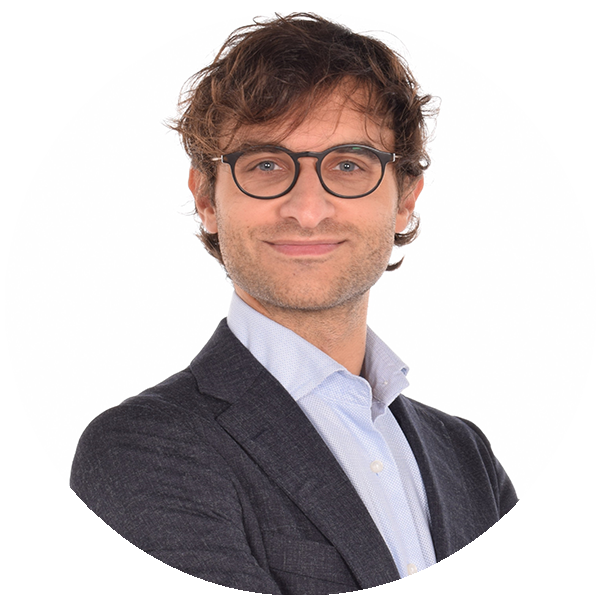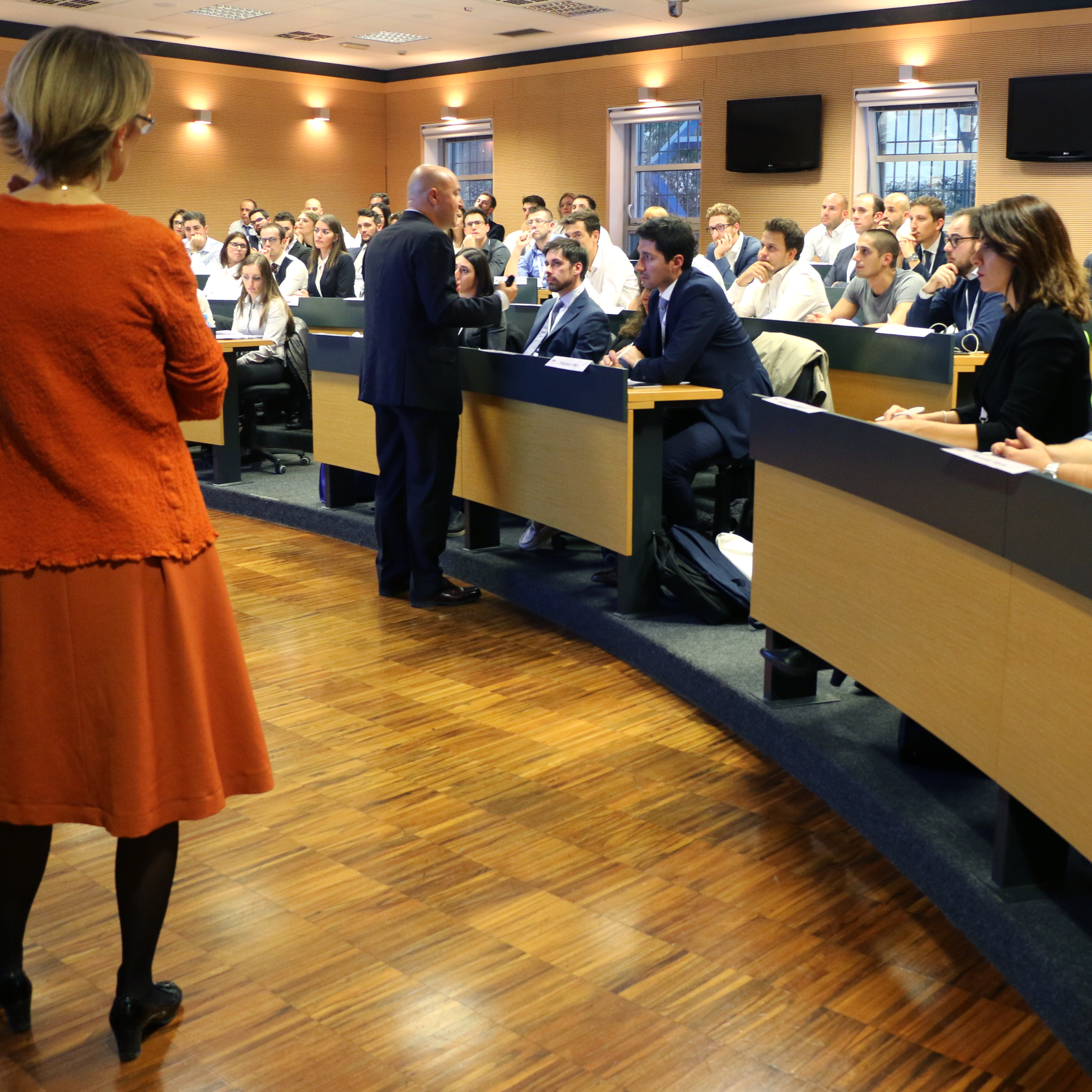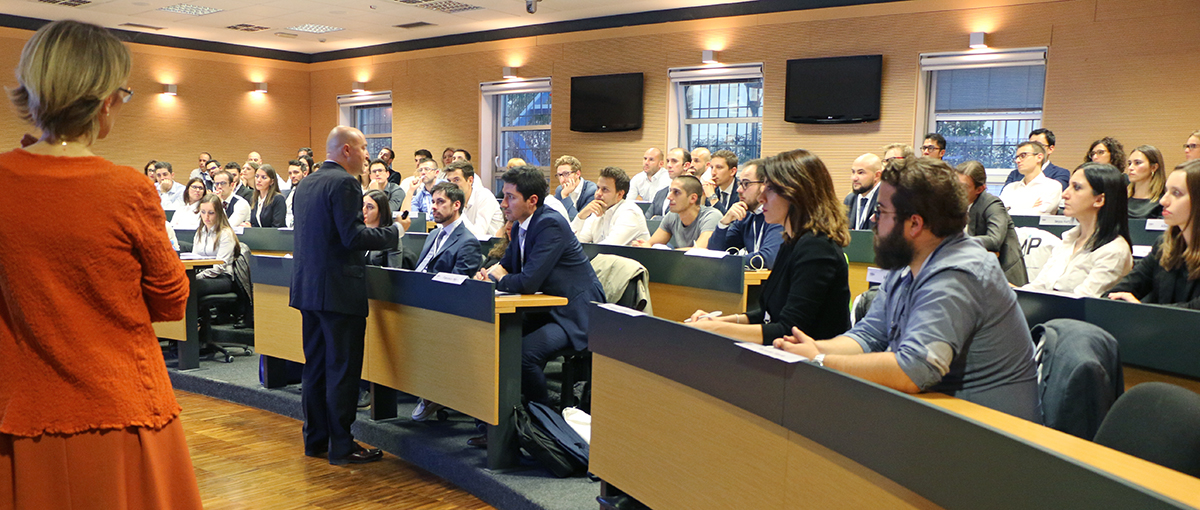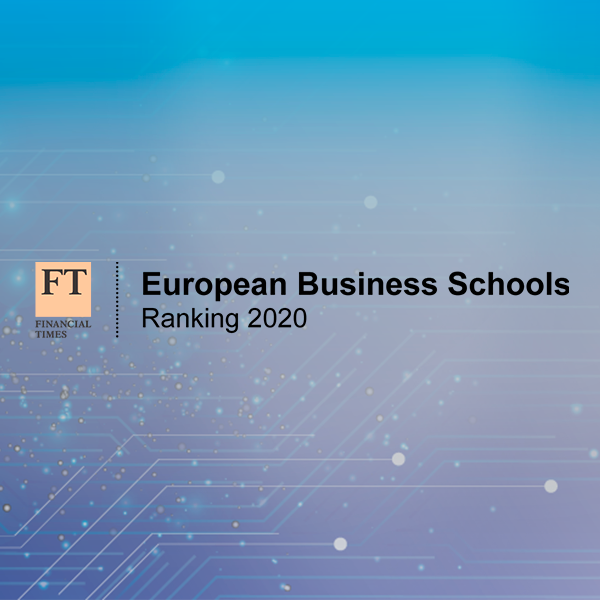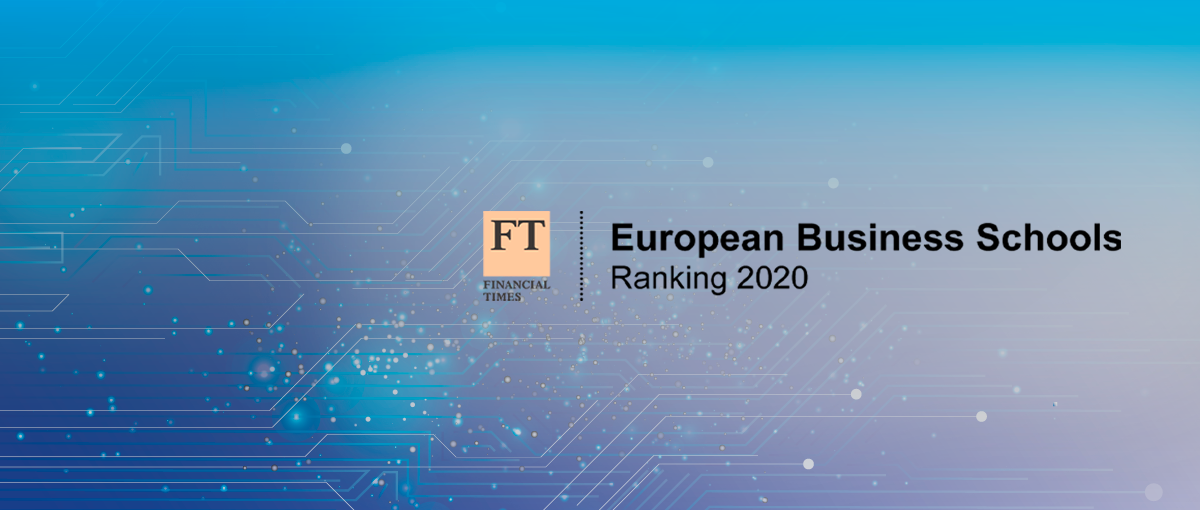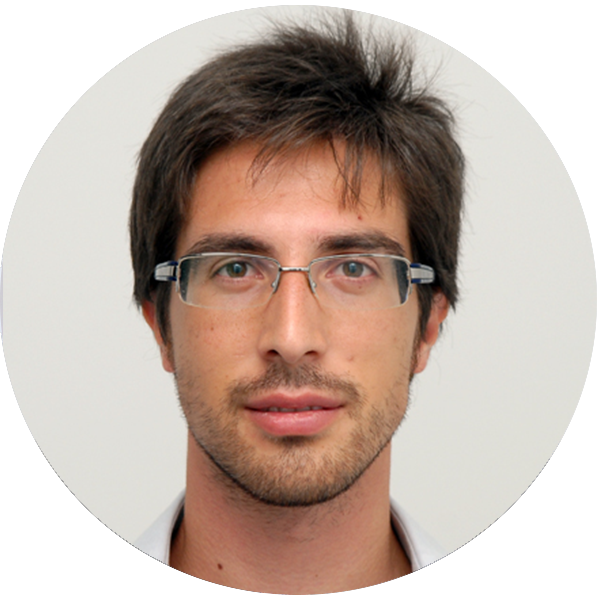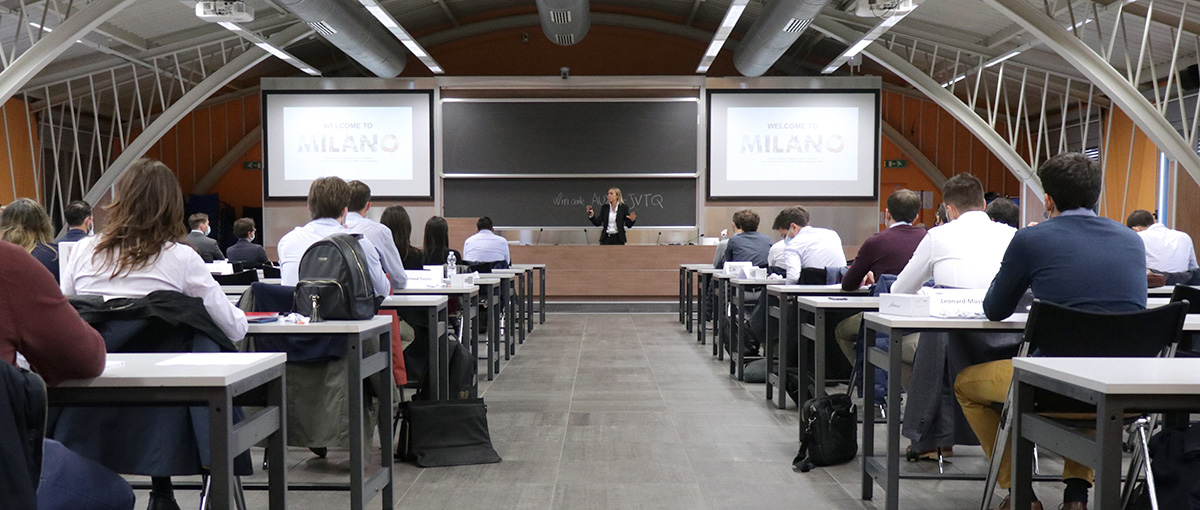
We are used to facing many “first days” throughout our path. Especially when we talk about school. We spent time at kindergarten and then we attended primary school: we usually have a blurry memory of our first day at these institutions. Middle school is quite different, some can remember the moment they entered the classroom, others can recall the first period, when conversations with new friends began and you felt part of a community. I think that the first day of high school is quite clear in our minds: maybe you met the same friends from your middle school again or maybe you had moved and started on a new life with new mates with a different accent, dialect or even language. The first day at university is the peak of a transformation period. A large percentage of students change their city, home, friends from home, classmates, habits and, probably, ideas, sports, hobbies… and the list can be much longer.
The milestones listed here are common to a relatively high number of students. This is a well-designed and pre-created path: you are only asked to follow it according to your inclination and give the right commitment to the tasks assigned. An important difference between these first days and a first day at an MBA class is that you know you are going to do something which takes you off the standard route, making a decision which comes quite exclusively from you.
My first day was the end of a long period of evaluation and personal assessments, and the beginning of a brand-new journey of improvement. I had decided to take an in-person MBA before the pandemic and I have never changed my mind; even though I was quite sure that some classes would be held online, I would not have renounced one of the fundamental values of the live lessons: the contact with classmates.
During the Master’s kick-off session, despite the age and the maturity acquired during my past experiences, I perceived a sense of excitement and the perception of doing something significant arose. For me, being an MBA candidate means growing in a different way. Since the beginning, my objective has not been to find teachers but mentors; not to learn but to be inspired by innovative and antifragile points of view; not simply to meet more people, but to create a valuable network that, leveraging the different backgrounds, shares common goals; not to fill my curiosity with notions but to aspire to a long-lasting willingness to improve; not to be the perfect employee but to farm an entrepreneurial mindset and apply it in every aspect of my working life.
Seeds of these aspects were already visible on the first day, but a contrasting feeling appeared: the enthusiasm to get the most out of this experience and, contemporarily, the certainty that time is limited. I am quite sure that one of the most important achievements we will gain from this intense and overwhelming parcourse will be the ability to balance it with our current jobs and private lives. The decision to dedicate hours and (sometimes) whole weekends to lessons and to studies is crucial and must be taken with awareness.
The first days are the expression of a restart: you are discouraged by the mountain appearing very hard to climb and you think your equipment is insufficient for scaling it. Actually, you approach every “first day” with something more than the past: you bring with you a different background and a deeper experience. If you dig up this expertise, you will find the necessary tools to make the scaling easier and insightful and that will enable you to achieve what you had planned before.
Certainly, at the beginning you cannot count on specific future benefits: an MBA is an investment and, like every investment, there are risks as well as returns. The big difference here is that you are (and have to be) confident about the asset you are investing in: yourself.
About the author
|
|
Luca Bianchi National Account Manager for a multinational logistics company and part of the young group of the Freight Leader Council, I would define myself as curious, ambitious and continuously disposed to improve. A strong supporter of cross-functional experiences, job rotation, teamwork and lifelong learning, my objective is to be constantly able to see challenges from different perspectives and to be adaptable in this ever-changing environment.. |
